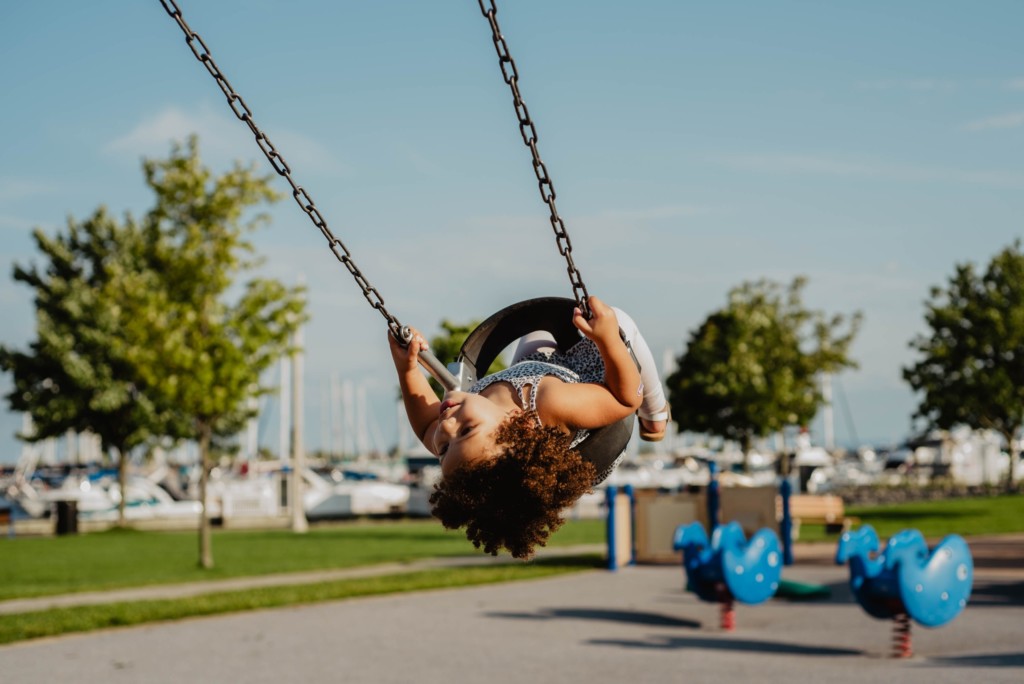October is National Bullying Prevention Month. Bullying is more than just being mean to another person. Officially, it is defined as repeated unkind or abusive behaviors that target a specific person and is intended to physically, socially, and/or emotionally harm that person. Today, the internet and social media allow a bully’s words to travel faster, to a wider audience and be more permanent. The bullying is both extremely public to peers and extremely invisible to adults.
Schools have taken on the Bullying Prevention challenge with special curriculum intended to help kids build community, understand what bullying looks like, and how to be safe on the internet. But, as with anything your child is learning in school, the impact is far greater when reinforced at home.
This month, find ways to talk about bullying prevention at home. Do some research about the ways our kids are using social media. Talk about how people (adults, too!) treat one another on the internet. (Want a real-life example? Read this post by a fellow AAMB Mama.) Ask your child open-ended questions about how the kids that they know treat one another.
Here are 2 websites with great parent-resources:
StopBullying.gov (This website has a great section on Cyberbullying.)
And here is a list of open-ended questions that you can ask to get the conversation started:
- When the kids you know are mean to each other, what kinds of things do they say or do?
- Is it happening to anyone you know? Has anything like that ever happened to you?
- Why do you think he/she does that (mean thing)?
- What does that kid/other kids/the adults around do when that happens?
- Do you think anyone could do something to make the situation better?
- Is there something you could do to help the situation?
- Do you want to do that? Why/why not?
- What do you think would happen if… (role-play some options).
- Recap: What do you think is the best thing to do if something like this happens again?
- What would you like me to do if I saw or heard about something like that happening?
Your goal with these conversations is to listen, learn, and build trust with your kids. Try to resist the urge to jump in with advice before they’ve asked for it!
And when you’ve had one of these conversations with your kids, come back and tell us about it! What question or strategy really worked with your child?

















